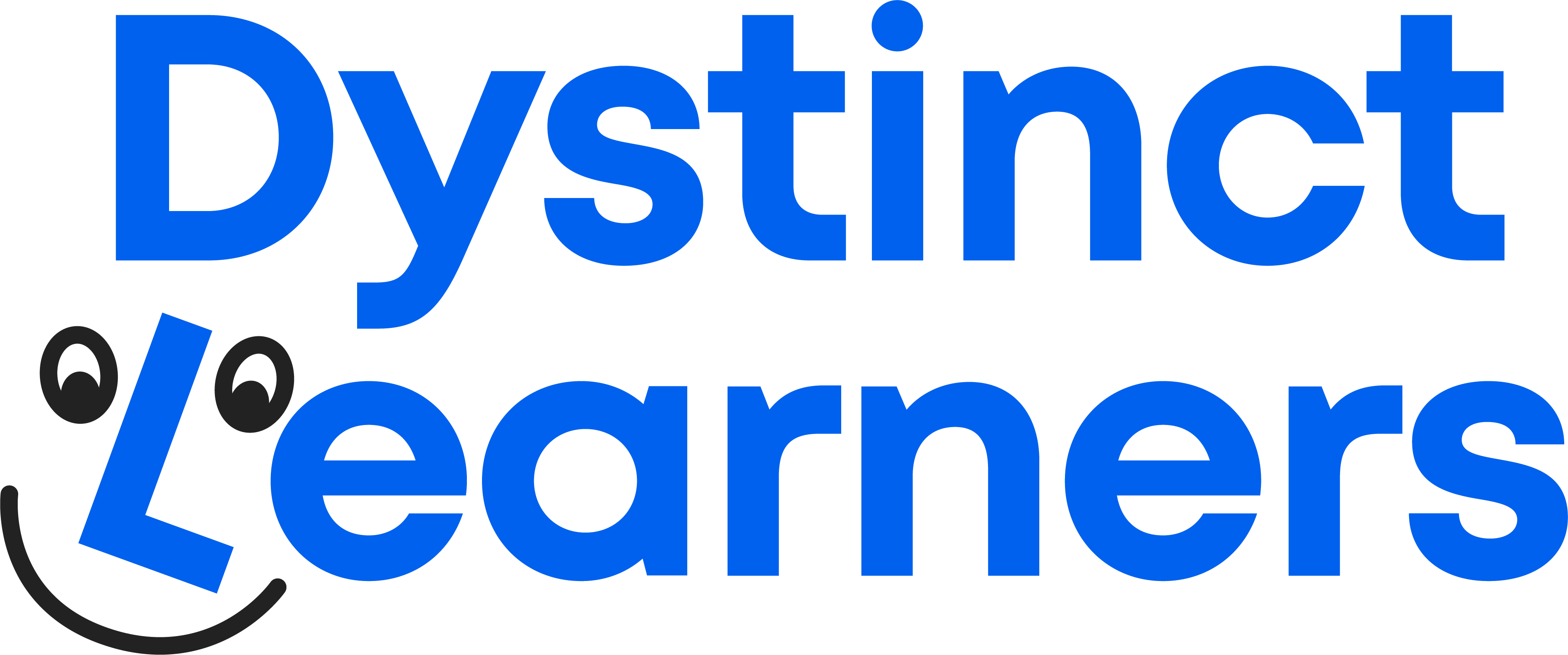How to Advocate for Your Child with Dyslexia in the School System
The path through education for a child with dyslexia can be difficult to navigate, but it is important to advocate effectively on their behalf. You can significantly impact your child’s educational journey by knowing what you are entitled to, using resources available to you, and working with teachers in the school system.
Learn about Dyslexia
Start off by building a base of knowledge about this common learning disability. Find out more about its strengths and weaknesses, some potential accommodations that might help students with such conditions, as well as legalities surrounding these children’s rights when it comes down to public education in particular countries or regions like IDEA (Individuals with Disabilities Education Act) within the United States which guarantees an appropriate public education designed specifically for each individual student based upon his/her unique requirements.
The Rights You Should Know
Laws exist that protect all children regardless of their learning abilities; therefore one should familiarize themselves with them. A good example is the Americans with Disabilities Act Amendments Act of 2008 and section 504 from the Rehabilitation Act of 1973. These two acts lay the foundation for non-discrimination towards students’ ability levels while ensuring equal opportunities are given throughout their schooling lifespan whether or not they possess any type of disability like dyslexia among others.
Be Friends With Educators
It would be best if parents worked together alongside teachers at schools where our kids learn day-in-day-out so that we can achieve desired results i.e., success stories coming out from every child despite having different needs academically speaking but why? There exists an old African proverb that states “it takes a whole village to raise just one child” so imagine what could happen if an entire nation embraces this concept.
Make a Plan
Sit down with your child’s school and work out an Individualized Education Program (IEP) or 504 Plan tailored specifically for him/her only considering his/her circumstances into account. It should describe necessary services, accommodations modifications that ought to be made by all relevant educators involved in the process. This might include but is not limited to the following: additional time during exams; use of assistive technology devices such as optical character recognition software which converts printed text into spoken words thus enabling those students who struggle reading print materials due to vision impairment caused by dyslexia among others overcome this challenge; providing special teaching methods etc.
Keep Checking
Remember advocacy is an ongoing process therefore parents need to keep tabs on how well their children are doing in school vis-à-vis effectiveness these implemented adjustments whenever possible so update them or adjust accordingly when new challenges arise along the way.
Get Help
In case things don’t go as planned or if there’s resistance met from some quarters then it might be necessary for one to seek external assistance e.g., a Dyslexia advocate can be contacted who will act as mediator between parent/schools ; an Educational Psychologist may also come handy at times like this while legal advice has never hurt anyone so far last but not least joining support groups other parents having kids with similar condition could offer useful tips tricks own experience sharing ideas coping mechanisms etcetera among themselves well-being children affected such disorders.
Advocacy for a child with dyslexia is crucial to his/her academic and personal growth. By being knowledgeable active persistent you can ensure that the environment around them fosters success in not only education but also life skills confidence building activities.
